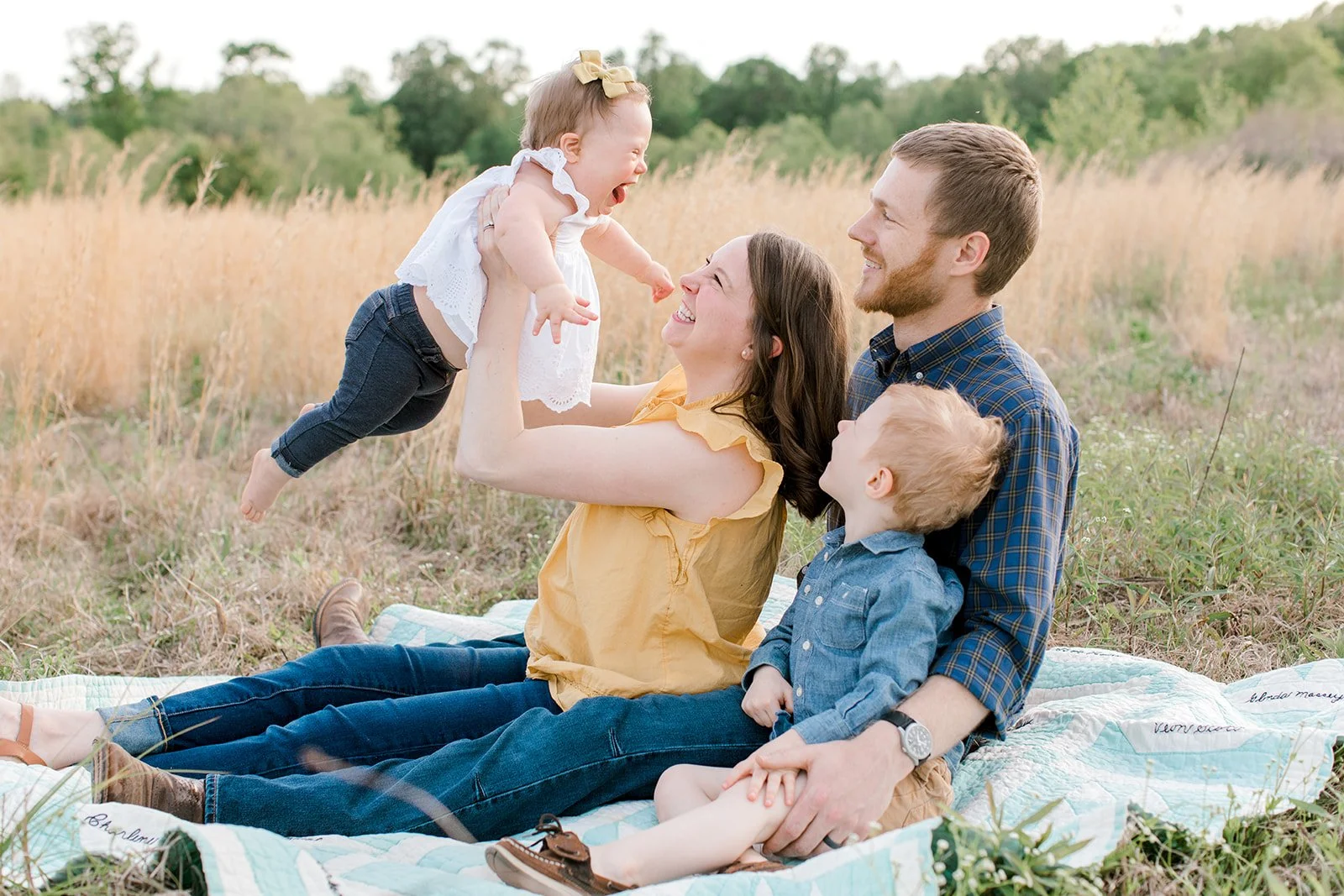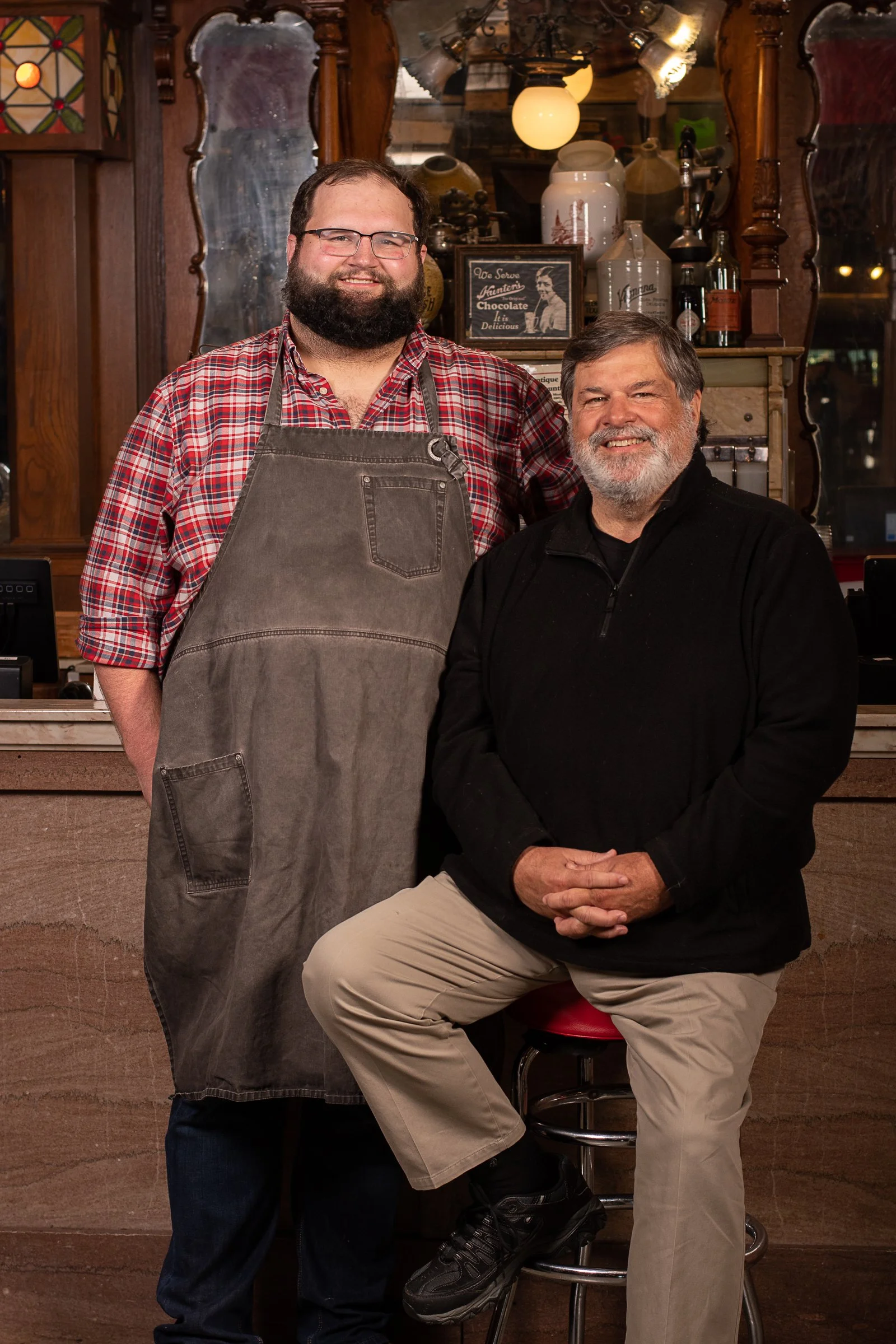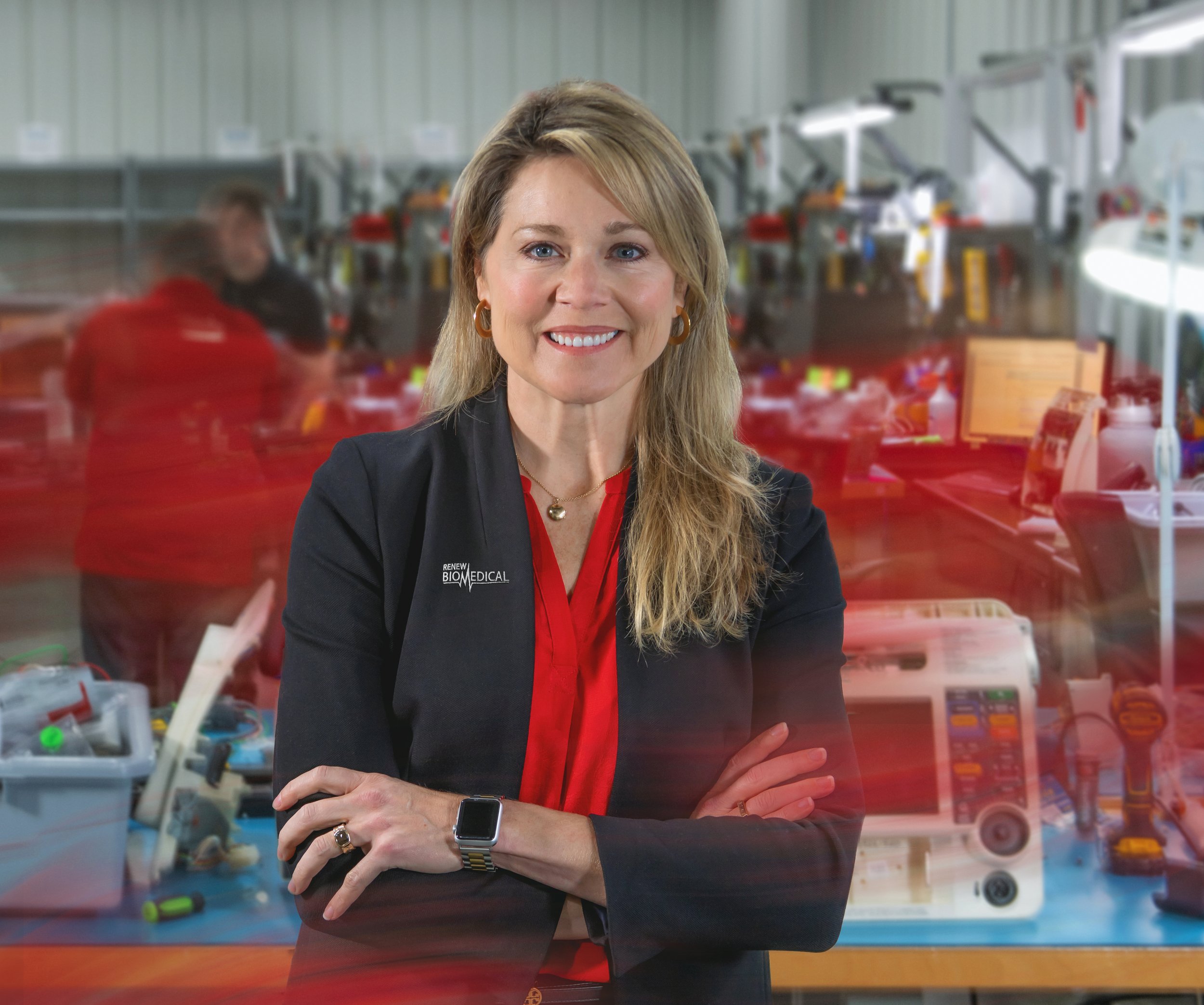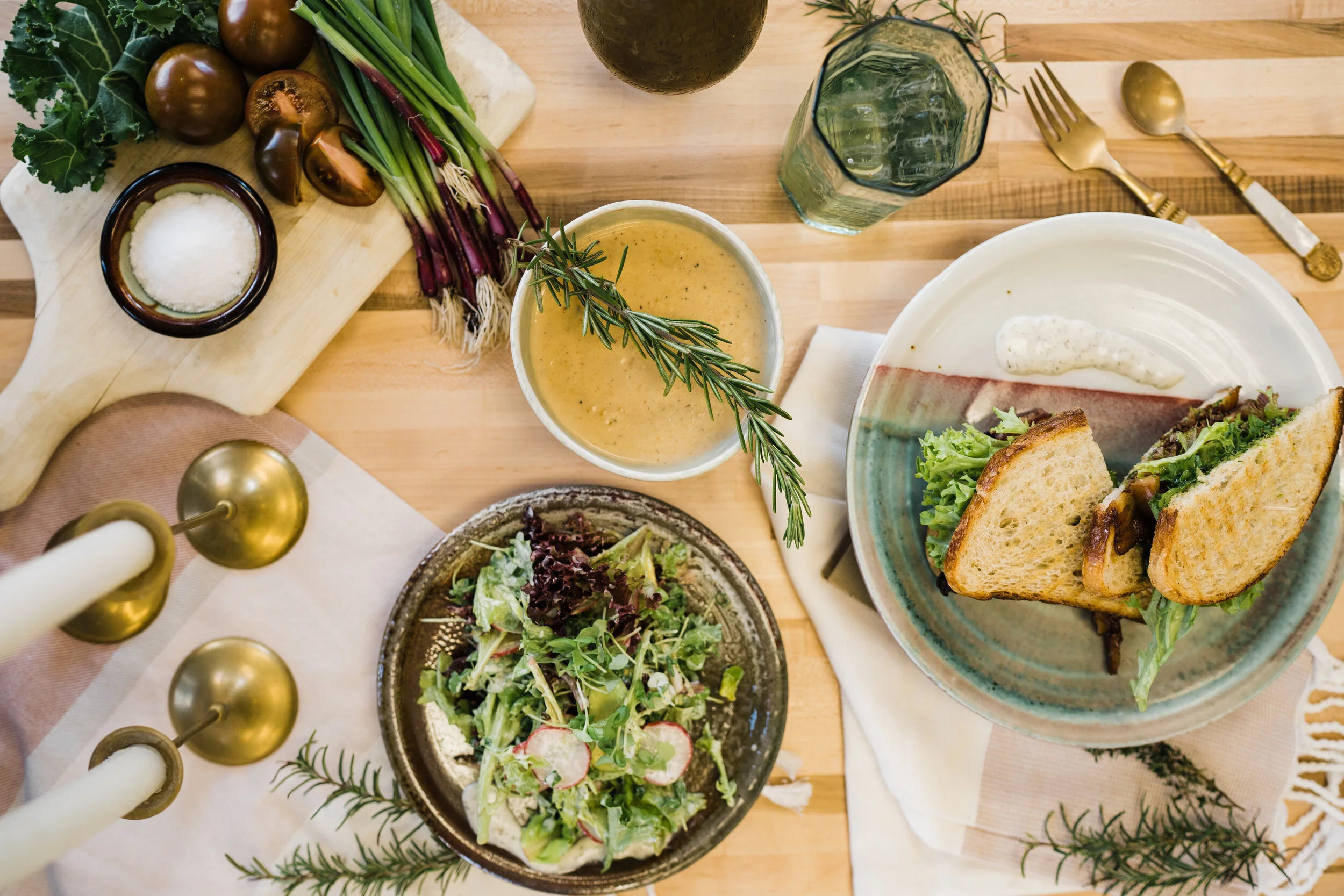“What do you want to be when you grow up?” Obviously it’s a question you get asked less and less the older you get — “What is your dream?”
I knew who Ontoni Reedy was long before I ever spoke to him. He is one of those people whose reputation precedes them, the kind of man who everyone can attribute something positive to even if they do not know him personally. It came as no shock to me that, when polled, our community chose to recognize him as someone who is contributing to building culture. He is always building something and the list of his contributions spans theater and education and cuisine.
Through cultural arts, music history, city celebrations, the farmers market, and local shops, a common thread of community weaves through these spaces. These spaces create a sense of belonging because of the relationships built in and around them. These relationships look like business owners collaborating and creating together, not to compete but cheer each other on. It looks like organizations and leaders working together for new ideas and solutions. It looks like residents, employees, and customers walking to work or having lunch with their neighbor.
When my husband Charlie and I started dreaming about the future of the frame shop that has been in his family for three generations, I always knew that there was no future, for me, without including gallery space in some capacity. Custom framing would always be the major part of the Havner’s equation, but I simply could not see a way to move forward with our version of the shop without a way to bring our community together in a meaningful way, and I knew art was the ideal vehicle to do it.
Growing up in Jackson, for me, has meant growing with Jackson. Over the course of my life, I have seen this beautiful city expand in so many ways: from new businesses to new opportunities to new people. Increased community involvement, diversity, and population growth have played a significant role in my experience with Jackson over the years; so many programs have been set in place to make Jackson a better place to live. But most of all, Jackson serves as a place of connection.
Our second baby, Eliza Joy, changed our lives the moment she entered our world in March of 2020. I will never forget looking over every detail and searching for clues the first time I held her in my arms. She had a head of dark hair, full cheeks, and an extra 21st chromosome. I was convinced as I took in all of her beautiful features, especially her almond shaped eyes, wide gap between her toes, and adorable little ears. Eliza was born with Trisomy 21, or Down Syndrome.
It was partly selfish. Admittedly, I wanted to feel closer to home. Reflecting back, I wanted to reconnect with a meaningful period of life in a place I loved. Like many folks sprouting a few gray hairs, I felt like I could offer a bit of advice to the generation just behind me. The blank spaces in our daily schedules during the 2020-2021 COVID year(s) provided a moment to brainstorm about how we could build on the Jackson Grown series started in 2017 and published in Our Jackson Home magazine.
Legacy seems to be a common thing we seek to define after someone has passed away. We look to be inspired on how to improve ourselves, our families, and our communities. We try to sift through a life and determine what traits, stories, and accomplishments made this person special, successful, and significant. Certainly, a handful of people achieve so much notoriety that we go through this process while they are alive, leading to the next bestselling how-to book or biography. But all too often we are left searching for the words to say, the deeds to remember, after that person is gone.
How do you go about creating a workforce out of thin air? This is the problem Jill Taylor, Co-Owner of ReNew Biomedical and Master Medical Equipment, faced in 2019. ReNew is a full-service medical equipment depot in Jackson, TN, specializing in repairing, servicing, and maintaining complex medical equipment. Over their seven years of operation, ReNew earned licenses to work on a wide range of Professional Grade equipment, including ventilators, AEDs, defibrillators, vital signs monitors, IV pumps, and more.
One year after, 700,000 are lost,
faces from the evening news, others
who have left indelible traces upon this life.
Grey skies, constant drizzling rain, drooping trees, and whipping cold wind welcomed us into Covid-19 quarantine with a sky that matched our spirits. My husband Rob and I had just moved into a new house a month before the pandemic and were finally feeling settled. Life pre-March was fairly routine. I
This year, I’m hanging a few lights on my rental house for the first time. Our neighborhood has been conspiring on Facebook to fill up the streets with Christmas lights, and people have been sharing lights and decorations and mapping all of the houses for people to visit. It’s a pinch of goodness in a year that most of us can at least agree has been hard.
I’ve been hiding out from the world now for 55 days. In the beginning, there was adrenaline coursing through my veins, and I made lists of projects and hopeful homeschool schedules and age-appropriate chore lists written in marker on index cards. Like a lot of us, I heaped pressure on myself and everyone around me to do better and become something better while we had so much unbroken time. We aren’t in the beginning anymore, are we?
One cloudy summer evening in a quiet Memphis neighborhood, a miracle occurred.
The miracle worker, born and raised in Bells, was my grandmother, Nell Davis Skelton. She had curly, dyed brown hair that was often styled in a pouf reminiscent of a sixties beehive. The large, pitch-black sunglasses that she often wore made me think of a movie star, and she acted like one, too: confident, stylish, opinionated. There was always some new gossip to talk about with Grandmama, and she’d worry and judge and laugh about it in turn. She’d twist her ankle around and around as she talked to you, a sign of pent-up, nervous energy.
Grandmama was, among other things, a cook.
Cooking at home should never be stressful or frustrating. Whether you’re throwing together a simple lunch or making dinner for the neighborhood, it should be a pleasant, relaxing experience. You also don’t need to be a classically trained chef or have a kitchen stocked with exotic ingredients to whip up something delicious. Anyone can do this, and that’s what we’re going to show you.
Only sixty years ago, our town, like much of the south, was in the middle of its own pain. Jim Crow laws had allowed states and communities to practice legal segregation under the guise of “separate but equal.” While clearly separating “coloreds” from “whites”, the results of that separation were anything but equal. Many times, these laws would be enforced by racist vigilantes before they were ever enforced by local law enforcement. Law enforcement would take a protester to jail; a vigilante would degrade a protester through physical and emotional violence.
Food, and my relationship with it, is an important facet of not only my personal identity, but also of my culture, and the culture I grew up in. I believe food is spiritual and that the act of creating, serving, and eating a meal is an act of holy worship — a practice of religion. I myself am agnostic, but sometimes when I make a meal for my fiancé after a long day's work, or when I eat something special made just for me, I can see the existence of God.
Up until this year, thirty-five of my years as a student or a teacher have played out exactly like this: a beginning, a middle, and an end. There’s some comfort in that rhythm; the ebb and flow of certainty. August is always long, but the grass is still green and the days are still long. When the weather turns, I know Christmas isn’t far off. By February, though, fatigue has set in and we’re all (students and teachers) hanging by a thread. Then the days start to get longer, and you can hear the mowers humming outside the classroom — the familiar markers of the end of the year. We all start to relax a little.
There are plenty of conversations about what art is and isn’t, who it is and isn’t for. I’m interested in this conversation, but I can’t answer that question, unless I answer it for myself. This September, I painted a mural that is now one of the first things to greet you when you arrive in downtown Jackson. Nestled just past Grubb’s Grocery and the Jackson Walk on North Highland, it’s a bright and idyllic scene, and I’m not oblivious to the fact that it’s an even more idealistic message: Love your neighborhood.
The Great Stay In of 2020 has begun and I have so many mixed up feelings. It feels good to be doing my civic duty by observing social distancing. It’s small but it’s something, you know? I’m glad to be home with my family, making soup and playing games. Sometimes I can almost forget this isn’t just a normal spring break but something different altogether. The pause in the busy routine of daily life has been oddly welcome around here so far but I can hardly enjoy it for longer than a few minutes at a time.
It was late, and the ferry felt cool in the summer’s evening breeze. We were only a week into my summer in Istanbul, but in our short time learning basic Turkish, navigating public transit, and hopping between Asia and Europe the way I do now between Highland and the Bypass, we felt like naturals. The warm glow of the nearest café’s neon sign welcomed us to the European shore where the five of us girls were staying for the week, and we didn’t need much convincing to stop in for a late-night dinner of pasta and whatever scrumptious-looking mystery pastry the shelf held.
You can find them at the corner of Westwood and Summar, really anytime of day—the group of men of various ages, sometimes a few women or children mixed in. They gather around in a circle in white, resin chairs, discussing sports, the daily goings on in the news, or updates on their kids and grandkids. (That’s at least what I imagine; they could be talking about nuclear physics or the Kardashians, what do I know?) These gentlemen seem to be the epitome of “community.”
This April, we were able to hear local artist Wendy Hailey Kim’s story at A Night of Storytelling, Vol. 7, and as her recent Ned exhibit “Wetlands” comes to a close next Wednesday, October 30, we wanted to share her words from our spring event so that you can get a look into her process and what has made Jackson home for her.
There’s a piece of land on the north side of Jackson that looks pretty much any other open lot. It sits at the edge of town just beyond an abandoned golf course and right behind VFW Post 1848. You could walk on that open lot and never have any idea that underneath your feet lay broken pool tiles, aqua blue concrete steps, maybe a piece of an old diving board—remnants of bright summer days, now covered in dirt and twelve feet below the surface.
This September will mark four years of my career at Chandelier Restaurant here in Jackson, and I’ve enjoyed every minute, from my first years as a server to my recent promotion to fine dining assistant manager. Chef Jennifer Dickerson opened this fine dining spot in 2015, and I know the entire community would agree that it has raised the bar for our city’s cuisine.
When I was eight years old, my family moved to Friendship, Tennessee, a town with a population of about 650 people. Having lived in Des Moines, Iowa, for most of my life, the only appeal of moving south was that my mom had a cousin in the area. I remember my surprise that a place so small could feel so loud. September was the month we moved, and even though the trees shed their covering earlier than normal that year, it still felt warm.
At the end of every school year, I have my students create a portfolio of different types of original poetry. I’d like to think I do it in order to foster their creativity, but it’s really because I’m too lazy to grade eighty-four final exams. Either way, it’s a win/win for all of us: they get to write sonnets and pretend that they’re actually writing their first rap hit, and I get to sit back and not grade bubbled-in answer documents. One poem they always struggle with is an elegy.
Why do we create monuments to the past? What is it about physical reminders—be they statues or plaques—that move us? Why do we feel the need to travel to the places of great historical events and walk the same ground? I am struck by the words of Joshua Lawrence Chamberlain, the hero of Little Round Top at the Battle of Gettysburg: “In great deeds, something abides. On great fields, something stays.”






























